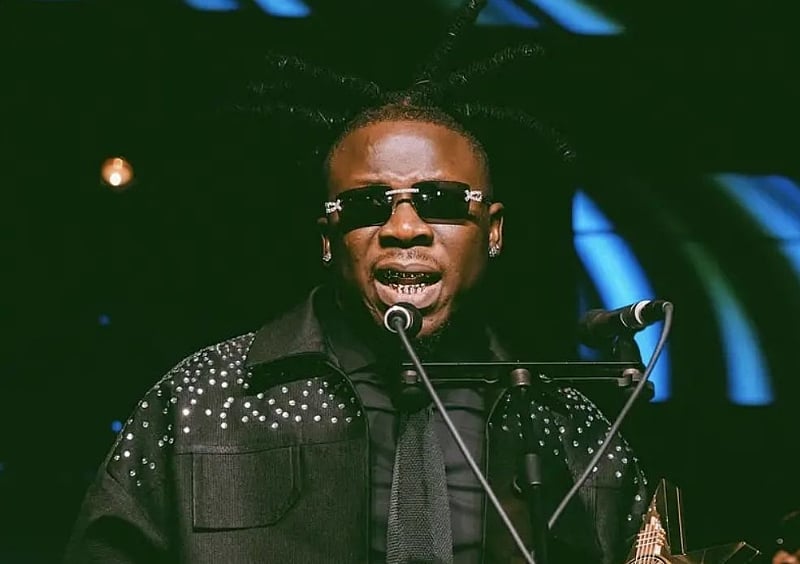Ghanaian Afro-dancehall artist Stonebwoy has voiced his concerns regarding the escalating rivalry and toxicity within the Ghanaian music industry. He acknowledges that competition is a natural part of any industry, particularly in a creative field like music. However, he emphasizes that the current climate has surpassed healthy competition and devolved into a destructive force, hindering the overall progress and potential of the Ghanaian music scene. Stonebwoy observes a shift from friendly rivalry to deliberate sabotage and backbiting, creating an environment where artists are more focused on undermining each other than on their own creative pursuits. He believes this behavior is not only counterproductive but also damaging to the image and reputation of the industry as a whole.
A concerning aspect of this rising toxicity, Stonebwoy notes, is the growing acceptance and even celebration of such behavior among certain segments of the fan base. The normalization of negativity fuels the discord between artists and creates a vicious cycle of attacks and counter-attacks. This toxic fandom further exacerbates the problem, as artists may feel pressured to engage in the feud to maintain their appeal or defend themselves against online attacks orchestrated by rival fan bases. The result is a distraction from the music itself, shifting the focus from artistic merit to petty squabbles and personal attacks. This dynamic, Stonebwoy argues, ultimately impedes the collective growth and global recognition that the Ghanaian music industry could achieve.
Stonebwoy points to specific examples of this destructive behavior, such as the intentional release of music on the same dates as other artists. He sees this as a clear tactic of sabotage, designed to split attention and potentially diminish the impact of a rival’s release. He argues that the abundance of available release dates negates any logical reason for such coincidences, exposing a deliberate attempt to undermine another artist’s work. This strategy, in Stonebwoy’s view, is not only unprofessional but also reflects a lack of confidence in one’s own music and a reliance on disruptive tactics rather than genuine artistic merit to gain attention.
The “Bhim Nation” president believes that this reactionary approach, focused on mirroring or countering another artist’s moves, stifles creativity and innovation. Instead of focusing on their own unique artistic vision and charting their own path to success, artists become trapped in a cycle of reactivity, driven by the actions of their rivals rather than their own artistic inspiration. This creates a stagnant environment where genuine artistic expression is secondary to the ongoing battle for dominance. Stonebwoy emphasizes the importance of artists focusing on their own craft and developing their individual styles rather than being preoccupied with the actions of their competitors.
Furthermore, Stonebwoy emphasizes the ample space within the Ghanaian music industry for all artists to thrive. He argues that the industry’s potential is vast enough to accommodate diverse talents and styles without the need for cutthroat competition and destructive tactics. Collaboration and mutual support, he suggests, would be far more beneficial to the overall growth of the industry, allowing artists to learn from each other, expand their reach, and collectively elevate Ghanaian music on the global stage. The current focus on rivalry, he contends, limits not only individual artists but also the industry’s potential for wider recognition and success.
In conclusion, Stonebwoy’s concerns highlight a critical issue within the Ghanaian music industry. While competition is inevitable and can even be a driving force for creativity, the current atmosphere of toxicity and deliberate sabotage poses a significant threat to the industry’s future. His call for a shift towards greater unity, collaboration, and respect among artists is essential for fostering a more positive and productive environment. By abandoning the destructive cycle of rivalry and focusing on individual artistry and collective growth, the Ghanaian music industry can unlock its full potential and solidify its place on the global music map. He advocates for a change in mindset, urging artists to recognize the detrimental effects of this negative environment and embrace a more collaborative approach that benefits everyone involved.


